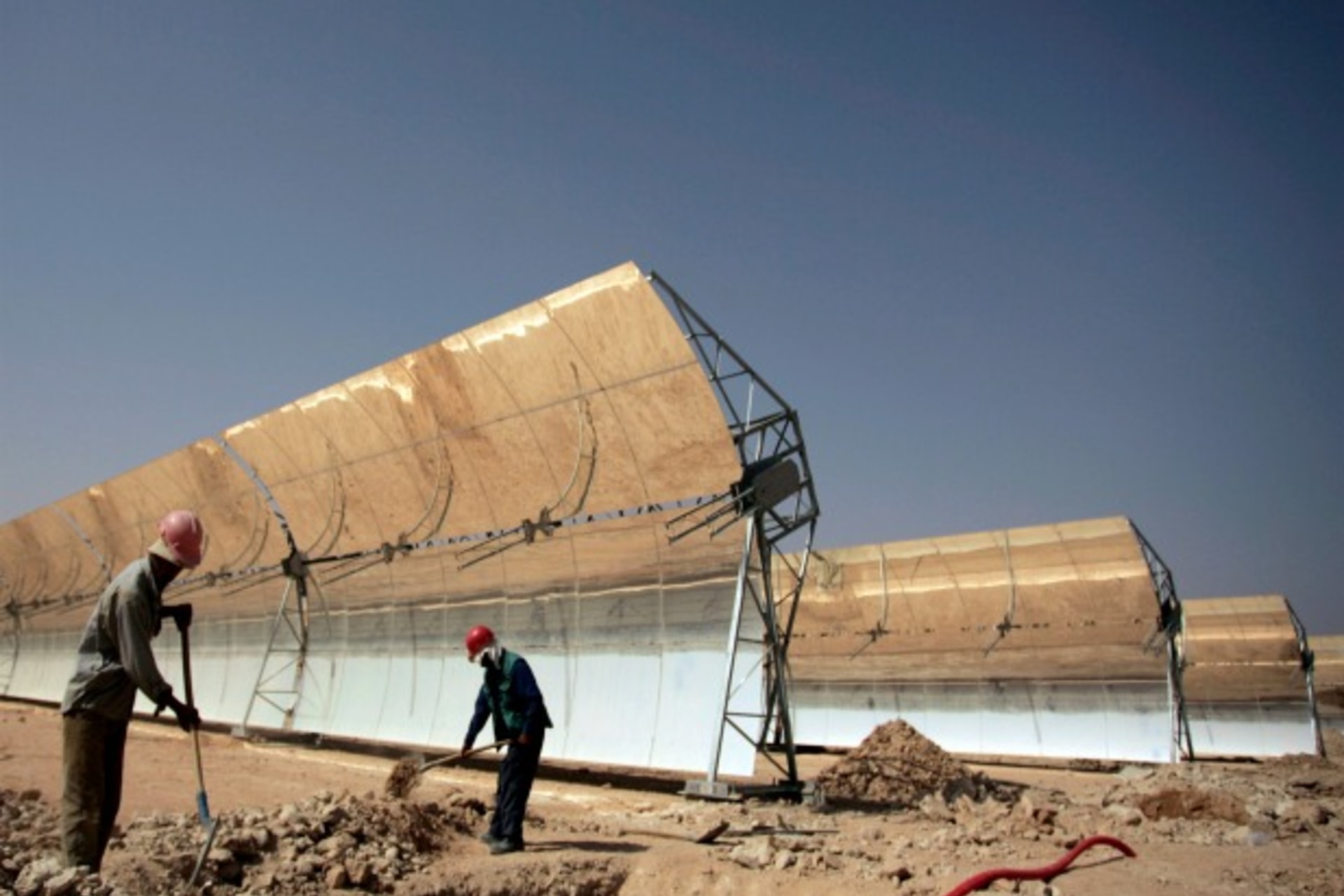An Emerging Consensus on the Meaning of Development

By experts and staff
- Published
By
- Terra Lawson-Remer
The UN High Level Panel on the Post-2015 Development Agenda, composed of political appointees from every continent, recently issued a highly-anticipated report proposing a new framework for measuring economic, social, and environmental progress and performance. The report urges world leaders to pursue development goals focused on several critical issues that have been sidelined for too long, including governance and rule of law, inequality and social and economic exclusion, and sustainability.
As the report makes clear, a rising tide does not necessarily raise all boats, thus a clear commitment to combating inequality and advancing social and economic inclusion must be at the core of the global development agenda. This embrace of social and economic rights indicators presents a direct challenge to the longstanding, wealth-based growth paradigm of development. Furthermore, the recognition that standard growth trajectories are wreaking havoc on the environment, threatening the inheritance of future generations and disproportionately impacting the world’s most vulnerable populations, suggests that sustainability must become a central objective of growth and development policies. This furthers the embrace of sustainable development that began in the 1980s and was eloquently encapsulated in the 1987 Brundtland Report. Lastly, the report puts governance, rule of law, and human rights at the center of the development agenda—both as an ends and as a means to achieving development goals.
Still, turning big ideas into actions inherently faces political challenges. The proliferation of various indicators in recent years demonstrates the technical feasibility of measuring everything from rule of law to sustainability. But the data collection process remains controlled by political will and the financial resources made available.
Moreover, different indicators can favor some countries over others or incentivize perverse government policies. Therefore, despite the emerging global consensus that multifaceted metrics of development are desperately needed, it remains uncertain whether the international community will be able to come to a consensus around a clear set of alternatives.
In my next post I will discuss one set of norms regarding human wellbeing and progress that have already been endorsed and adopted by the global community: human rights.